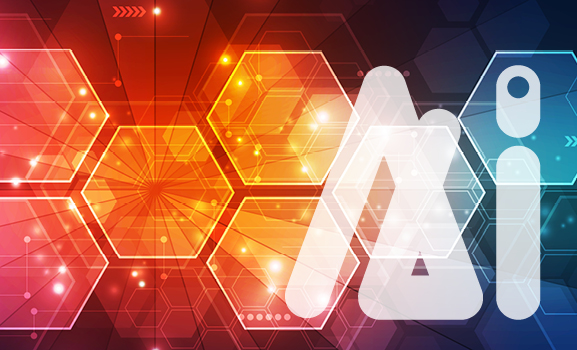AI Solutions

Simplifying and Scaling AI Translation Technologies
How AI-driven consolidation will catapult your global content initiatives.


Case Study: Multilingual Retail Marketing
New AI Content Creation Solutions for a Sports and Apparel Giant

- RESOURCES


by Mark Aiello with April Crehan
Around the world, industries praise artificial intelligence (AI) as the solution to any problem. Our technology gets smarter and smarter, and in some cases the benefits are obvious. Faster commutes as phone apps route us around traffic. Refrigerators that know when we’re out of milk and how to order it. Flexible electrical grids that respond to needs and integrate renewable energy.
In healthcare, the promise of AI is again grandiose. Its application, though, is bound by intricate regulations and the permanent impact healthcare decisions can have—unlike ordering an extra carton of eggs.
But before we talk about AI in the context of healthcare, we need to define what we mean when we say "AI."
What is AI?
Artificial intelligence is a broad collection of fields describing the development of computer models that can perform typically human tasks, for example, pattern recognition and problem solving. AI can be weak or strong. If it's weak, the system works without necessarily understanding how human intelligence works. Strong AI can think like a human.
AI can also be, like the areas of expertise it seeks to enable, broad or narrow. Current applications of AI and those likely to emerge in the near future are all narrow because they were trained in a specific arena to perform specific tasks. Designed for specific roles—unlike comprehensive human intelligence—these systems so far have limited functionality.
Machine Learning and Deep Learning
One subset of AI is machine learning. Machine learning systems alter themselves when they access new data. Thus, by accessing the new data, the machine “learns.” Programmers typically prompt this ability to improve using an objective of minimal error. This allows the system to comprehend which efforts are successful and increase the likelihood of using similar steps in the future.
Within machine learning falls deep learning, the most exciting of the three. Deep learning is defined by the multiple layers of feature recognition that allow these systems to see the forest as well as the trees. Image processing by humans and deep learning systems functions similarly. As far-away objects we view come into focus, so too do deep learning systems observe increasingly complex features. For example, pixels in a particular orientation become a line, and lines in a particular orientation become a square.
Usually when we talk about AI in healthcare, we’re referring to deep learning, the type of intelligence both most useful and most mysterious to creators and users alike. The applications and regulations surrounding AI use in healthcare can be just as mysterious.
Applications of AI in Healthcare
Some of the exciting applications of AI already live in healthcare are:
- a continuous glucose monitoring system that can predict swings in blood sugar,
- a facial analysis app that suggests possible genetic disorders to doctors looking to diagnose patients with non-standard features
- a software that can search through databases to find small molecules likely to bind successfully with target proteins
Members of the life science industry, from Contract Research Organizations (CROs) to government entities to the general public, focus today on demystifying AI’s role in healthcare. For now, that’s an uphill battle. In fact, the questions I asked our experts sometimes generated even more questions, including:
- How do we balance using and sharing personal data to drive faster innovation with the privacy policies law and ethics require?
- What regulations exist surrounding the use of AI in healthcare? Where do we need more guidance?
- Where is AI already helping in healthcare? What are the up-and-coming applications?
- Transparency is a buzzword in clinical research today. How does the industry’s emphasis on transparency and education translate to the uses of AI in health?
- Will a culture shift be necessary for adoption of AI by CROs? How do we adapt without accidentally sentencing certain groups to obsolescence?
Over the coming weeks, I’m excited to delve into these topics in-depth as we all adapt to the rapidly changing life sciences space.
If you’re interested in taking part in the conversation, regardless of whether or not you were able to attend, share your thoughts! Leave a comment below.



